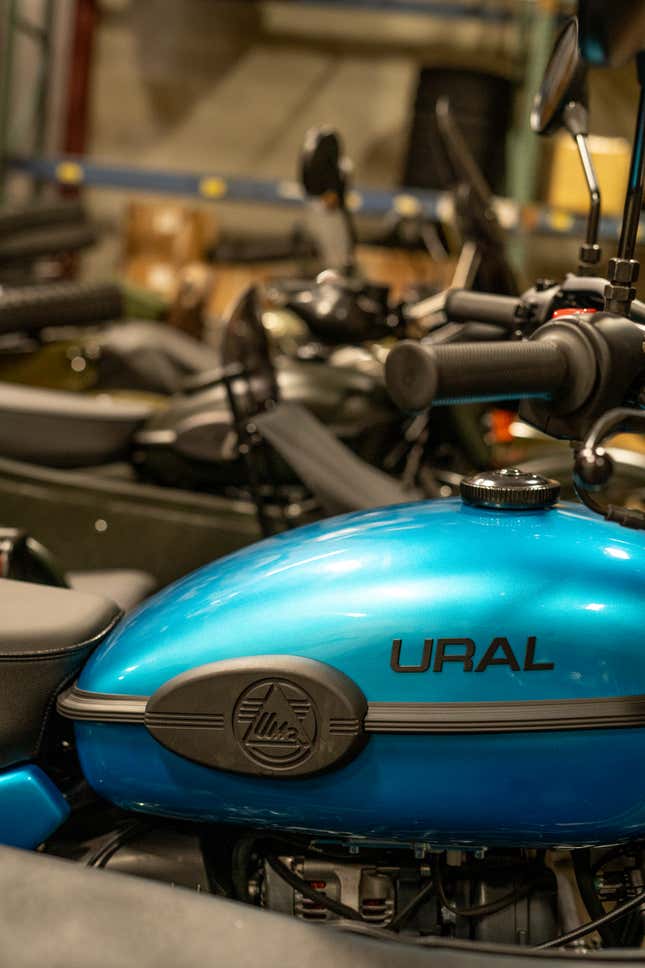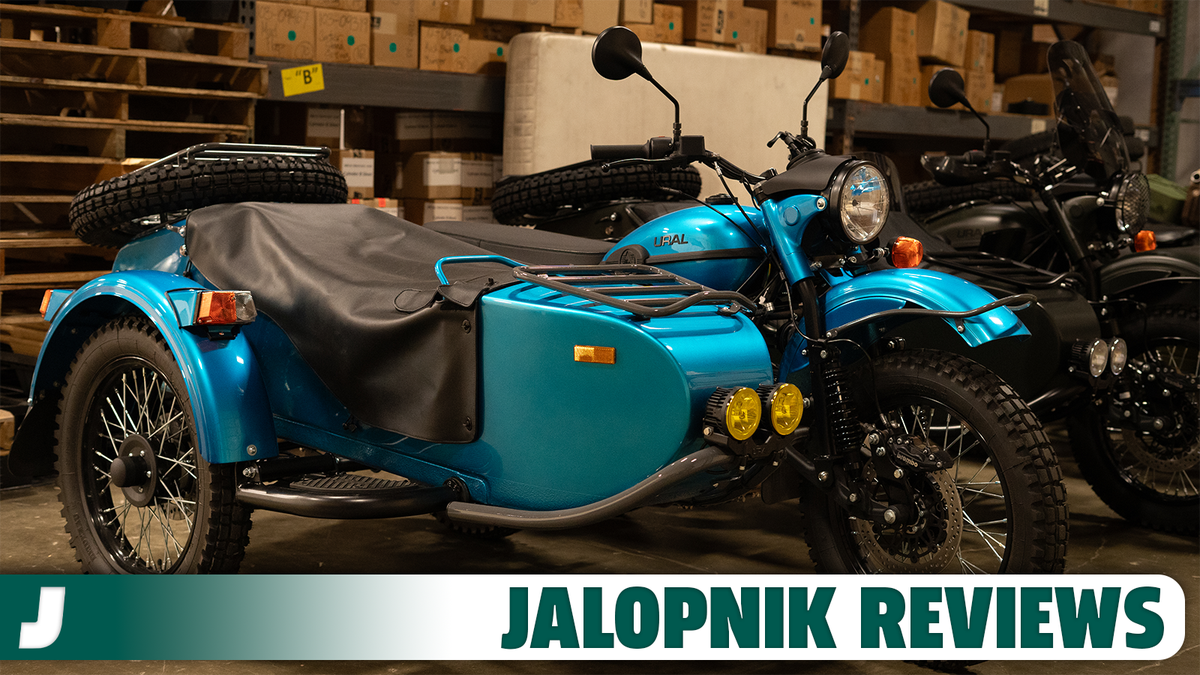People complain that you can’t buy old cars any more. “Those modern smartphones-on-wheels,” they say, “lack character. Nothing made today could ever feel like my old Nova.” It may be true that safety regs and profit margins have numbed modern muscle, but there’s a place where those complainers can find all the nostalgia they’ve been looking for: Redmond, Washington, at the headquarters of a little company called Ural.
The current Ural Gear Up bike, though, isn’t old. It has a fuel-injected engine designed in the modern era, a steering damper mounted stealthily beneath the triple tree; it wears Brembo brakes and LED lights. Yet, despite all the modernity, the Gear Up still has an incredible amount of character. The only question is, do those complainers really want it?
Full Disclosure: Ural flew me out to the Pacific Northwest to test its latest and most brightly-colored Gear Up motorcycle. The company paid for my airfare, lodging, and some transport and meals.
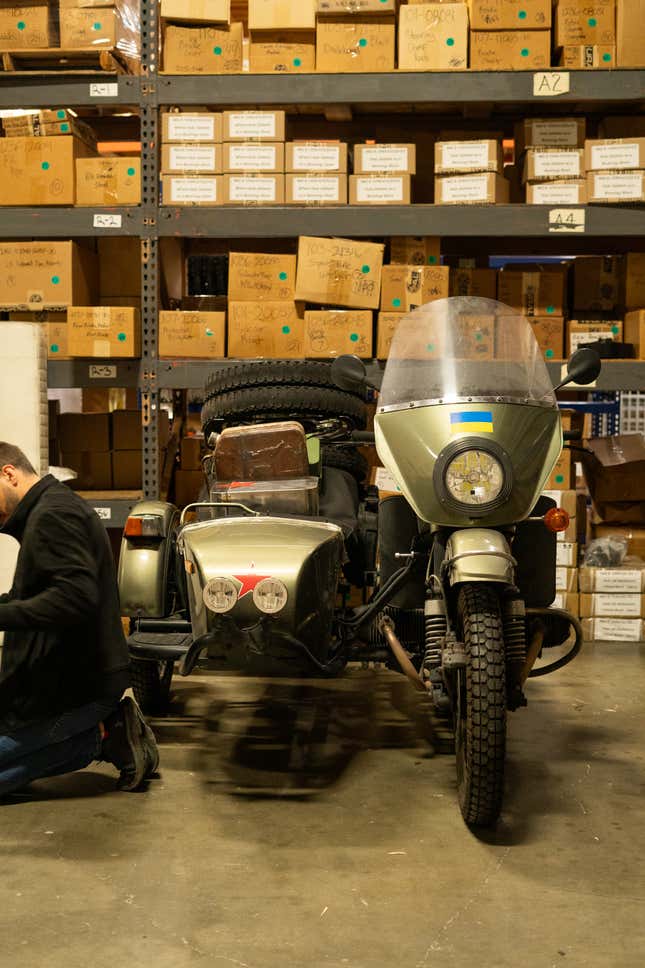
The Geopolitical Elephant In The Room
Before you make a beeline for the comment section — yes, I know there’s a war on. And, yes, I’m aware that Ural’s sidecar motorcycles were originally produced for the Soviet military. But in the years since Gorbachev tore down that wall, things have changed for the company. It’s now based in Redmond, WA, just ten minutes from Microsoft’s headquarters, and the bikes themselves are assembled in Kazakhstan. While the company still has shreds of its supply chain left in Russia, the vast majority has been divested — not a small feat, and not one that happens overnight. I promise that these niche motorcycles are not underwriting the entire Russian war effort.
I also don’t think it’s a coincidence that the bike Ural brought me out to ride — the latest limited-run model, the one featured front and center on the company’s website — is blue and yellow.
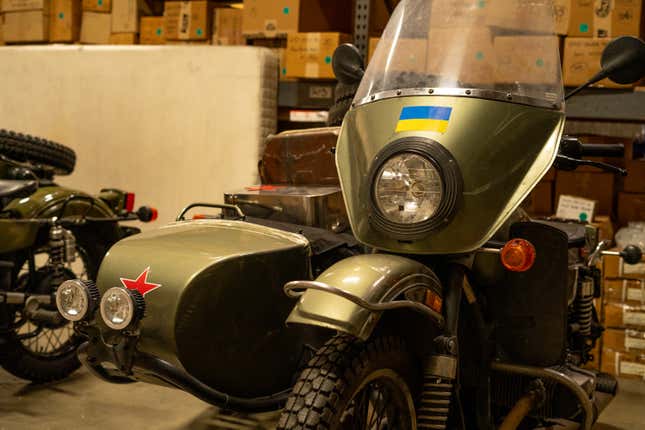
What Is The Ural Gear Up?
The Gear Up is best described as a weird machine. An old-looking motorcycle with an air-cooled, horizontally opposed 749 cc engine, a four-speed gearbox, and — oh yeah — it’s only available with a sidecar. A sidecar with a wheel that’s attached to a driveshaft for selectable two-wheel drive. Even without that extra off-road grip enabled, the Gear Up feels different from any other bike out there — it feels more full of character.
Start the Ural, and its engine clatters to life like a piece of agricultural equipment. Hit the killswitch, and the engine pops and bangs a few more times before finally coming to a rest. The rattle through the pegs, seat, and bars never let you forget you’re on a unique bike, but its design is modern enough that nothing ever feels harsh or uncomfortable. It feels at once old and new, unrefined yet meticulously assembled.
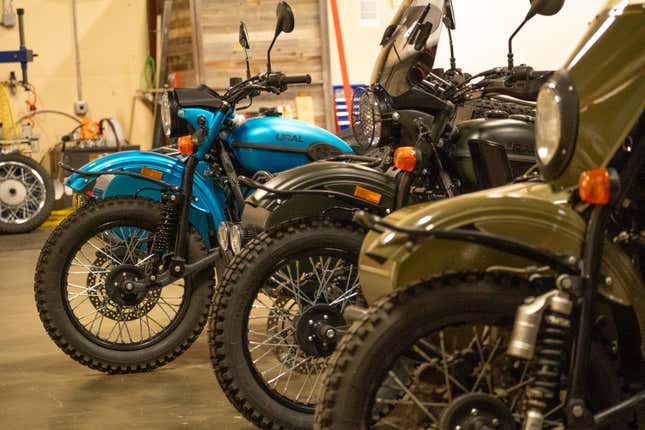
How Does It Ride?
If the Ural’s looks are weird, the riding dynamics are downright strange. The bike pulls to the right while accelerating and dives left under braking, unsure quite what to do with the mass of its own sidecar. Riding it requires a whole new way of looking at corners: Left turns get trail braking, right turns get an early apex and maintenance throttle. It’s like learning to ride all over again, compensating for the bike’s dynamics with your own body.
Your body, by the way, does a lot.The standard methods of leaning or counterleaning that work on bikes play no role with the Ural — with three wheels, it can’t lean, so you have to throw your own body even further to maintain balance. Riding a Ural requires body english like an ATV, lest you pick that sidecar wheel up.
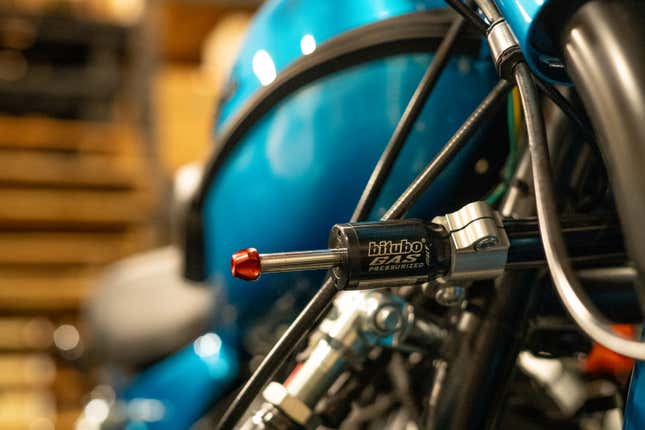
The sidecar, though, isn’t the only odd part of the Ural’s riding dynamics. The bike’s tall, skinny tires are prone to locking up under heavy braking, and its four-speed gearbox is like a drunk basketball player — tall and imprecise. Finding gears can be tricky, or require more force than your mechanical sympathy will generally allow you to shove into that poor shift lever. If the reverse toggle isn’t perfectly in position — and it often won’t be — you simply won’t find gears at all.
The Ural’s engine, though, sings its way up the rev range. It doesn’t make incredible power — a claimed 41 horsepower at 5500 RPM and 42 lb-ft of torque at 4300 RPM — but the Ural isn’t a bike built for speed. It’s an experience, and the engine’s smooth-yet-vibrational design and low-end torque contribute beautifully to that oh-so-desirable character.
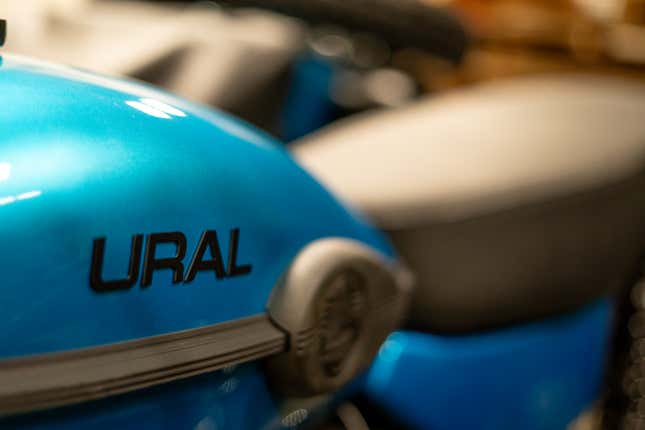
Who Is It For?
With all that character, you’d expect the Ural to be a hit with all kinds of riders. Given how many complaints show up in the comments of this very site regarding modern vehicles’ lack of emotion, Ural should be selling approximately 300,000 bikes a year. Yet, when breaking the bike down, I can’t quite piece together who it’s meant for. It’s a problem I’m not alone in being unable to solve.
A Ural feels old and unrefined, yet it lacks the carburetors that crotchety elitist enthusiasts claim is entirely necessary for a vehicle to be any fun to wrench on. It wears adventurous tires and bash bars, yet it’s too wide for many trails. It’s a mechanical oddity, more interesting experience than practical daily rider, yet the cheapest Gear Up models start at $20,000 — the price some folks spend on do-everything BMW GSes.
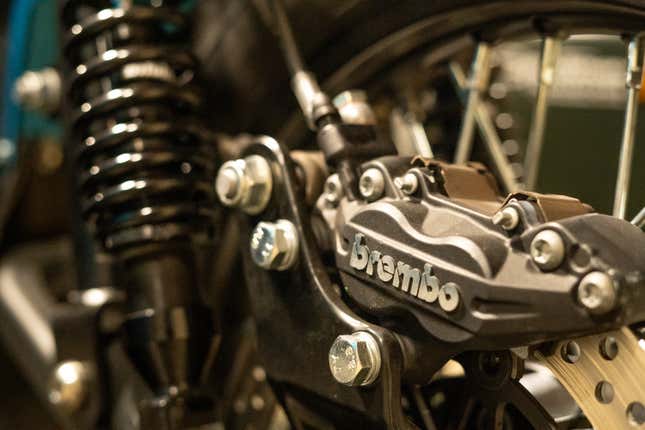
If we were to build a buyer persona for the Ural Gear Up, that buyer would have to be mechanically minded — an engineer or engineering enthusiast, perhaps. They’d need disposable income to spare (which engineers often do, depending on the field) as well as extra space — a sidecar seems more at home in a garage than street parked on cramped city roads. They need to have particular tastes, eschewing BMW’s better-known flat-twins for something weirder, but not be so arcane as to seek out old rotary bikes on Facebook Marketplace.
The Ural, then, is a bike for… mechanical engineers, but mechanical engineers who don’t mind all the quirks of Ural design? Off-roaders who stick only to wide, open trails, and don’t mind a vehicle that wears red marks into their palms from the corrections needed to just ride straight? Morgan three-wheeler owners? The Ural’s unique design imbues it with incredible character, but it may be an overdose — perhaps a vehicle designed without capitalism in mind just loses its footing when faced with buyer personas and market share.
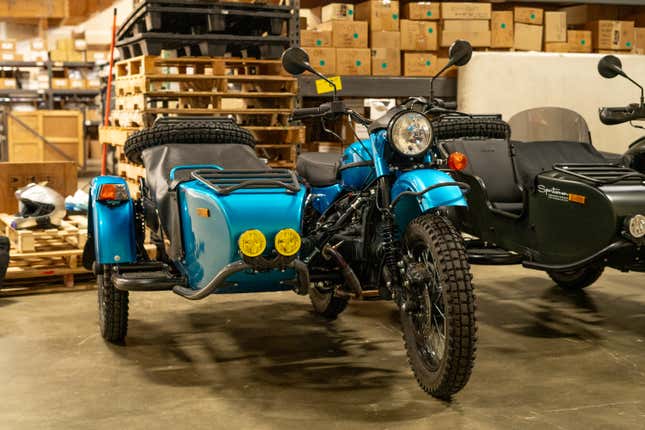
Final Thoughts
When I was a kid, I didn’t grow up on dirt bikes. I grew up on ATVs, four-wheelers, quads — whatever you want to call them, they were my vehicle of choice before I ever got my license. I’d spend weekends tearing through New England woods or my own suburban back yard, racing through corners and throwing my body into every turn.
That’s how it feels to ride a Ural. You need to approach the bike and sidecar with an ATV mindset: Lean far into the corners, further than you ever would on a motorcycle, because the weight of the bike isn’t there to help your grip while you turn. My years of ATV experience helped me learn the ropes of sidecar riding quickly — but that wasn’t the only part of the Ural that felt familiar.
My old ATVs, with their little single cylinders, had carburetors that never quite ran right. The quads would run a few revolutions extra when killed, they would clatter while running like farm equipment. They had character, and the Ural hit me in a nostalgia for those little four-wheelers that I didn’t know I still had.

In my ultimate dream garage, once I win the lottery and skimp on the taxes by moving to a country without extradition laws, there’s a spot set aside for a Ural. I want to ride one of these again, I want to feel its wonky handling and clattering engine. Sitting here, back at my desk in New York, I miss the time I spent in the freezing rain on that bright blue machine. I was soaked, freezing, riding through puddles, and having the absolute time of my life.
Ural bikes are no longer built for the Red Army, they’re no longer shuttling troops to and fro. Removed from that context, they no longer make any sense as vehicles — there is no job a Ural performs that cannot be done better by something else. But ironically, for a vehicle built for such a specific purpose, riding a Ural isn’t about the practicalities of a motor vehicle. It’s an experience, a series of feelings that can’t really be found in anything else. If you’re a mechanically minded individual with weird tastes and room to spare, who won’t mind being stopped at every gas station to ask just what the heck it is you’re riding, the Ural Gear Up is an experience worth having.
